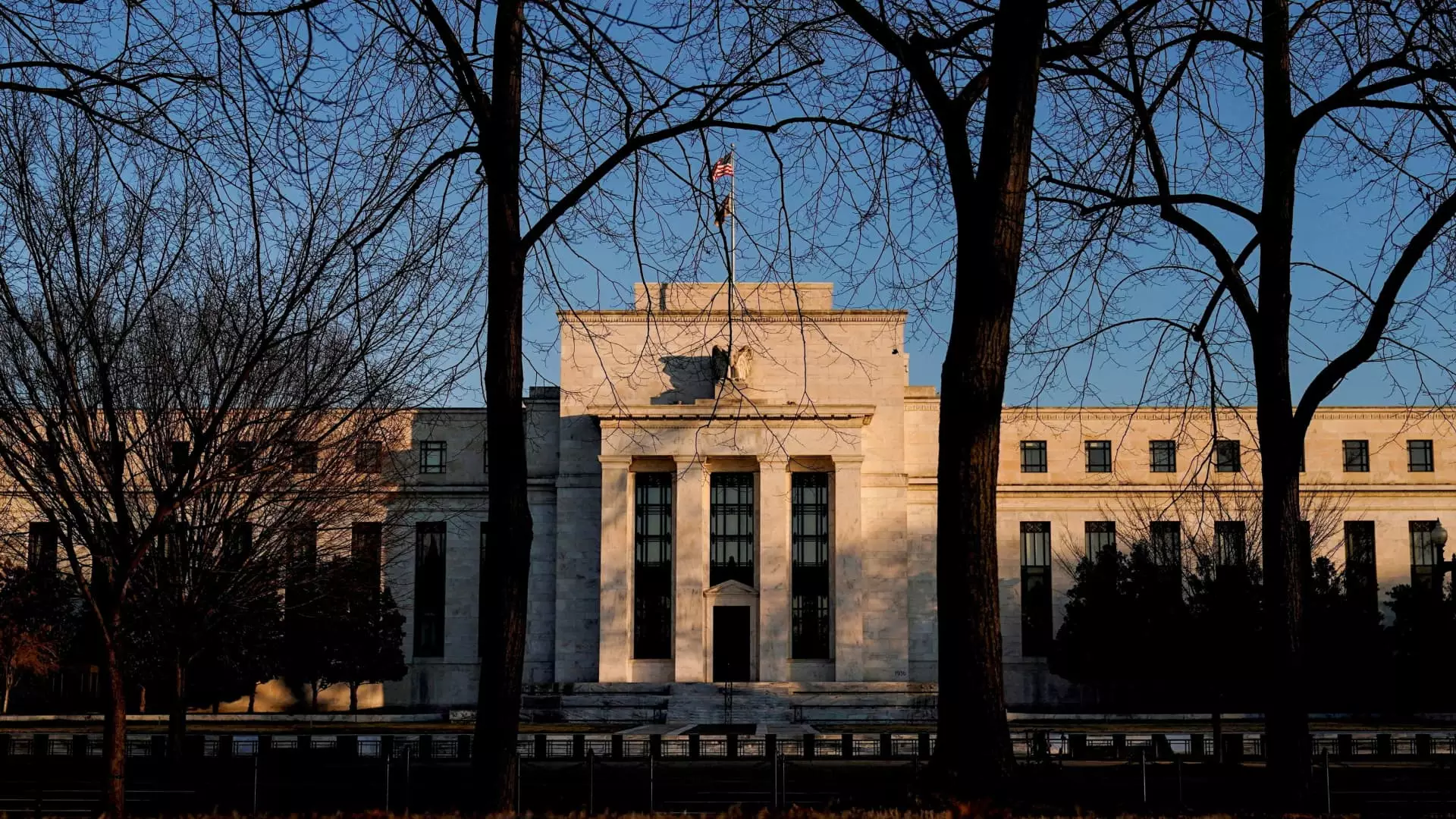The recent arrest of John Harold Rogers, a former senior advisor for the Federal Reserve, captures a crucial flashpoint in the ongoing battle against economic espionage within the United States. Rogers’ case not only highlights the potential vulnerabilities of high-level financial officials but also raises alarm bells regarding foreign influence and manipulation of vital economic policies crucial to national security.
Charged with conspiracy to steal sensitive trade secrets, Rogers allegedly colluded with associates thought to be members of the Chinese intelligence community. Authorities claim that the data he shared could afford China a deceptive advantage over U.S. markets, leveraging confidential information in a manner not dissimilar to insider trading. This border-crossing betrayal is particularly alarming in light of the staggering $816 billion that China holds in U.S. government debt. Such an amount indicates how deeply entwined the two economies are, underscoring the grave responsibilities held by individuals privy to Federal Reserve deliberations.
Furthermore, Rogers’ professional background adds layers to this scandal. Having served in the international finance division of the Federal Reserve from 2010 to 2021, he was granted access to sensitive economic data, future announcements regarding tariffs, and the intricate workings of the Federal Open Market Committee (FOMC). The gravity of the situation intensifies when considering that the FOMC governs the federal funds rate, an interest rate that can pivotally steer the course of financial markets and the economy at large.
The U.S. Attorney’s Office unveiled a timeline of alleged misconduct, revealing that since 2018, Rogers had sought trade-secret information related to economic data sets and the Fed’s policy discussions. Under the pretense of being a part-time professor at Fudan University in Shanghai, he traveled frequently to China, where his interactions escalated into clandestine meetings with co-conspirators.
Reports reveal that these associates flattered Rogers with gifts and funded lavish vacations, a tactic often employed by foreign entities seeking to compromise individuals in positions of trust. Rogers purportedly misused his access to sensitive data, violating established policies by transmitting confidential information through personal emails or by physically carrying out documents during his trips abroad. Such actions are not merely breaches of trust but represent a calculated move to undermine U.S. economic stability throughout the exchange of intelligence.
Rogers now faces significant legal repercussions, with a potential maximum prison sentence of 15 years if convicted of the espionage charge. The U.S. attorney’s office has expressed the seriousness of the prosecution, emphasizing that lying to investigators complicates matters further as the former advisor faces multiple counts, including false statement allegations. Detained without bond pending further hearings, Rogers’ situation serves as a stark reminder of the severe legal consequences individuals may incur by engaging in espionage.
This incident also catches the attention of federal law enforcement agencies as they continue to grapple with the pervasive threat of foreign espionage. As FBI officials point out, the Chinese Communist Party has actively targeted U.S. financial policies, viewing economic espionage as a critical tool in its quest to ascend to global supremacy. The ramifications of such actions echo in the halls of power, raising questions about the integrity of U.S. economic strategies and policies, and how much they can be trusted in a world rife with espionage.
Rogers’ indictment comes amid turbulent geopolitical tensions, emphasizing the escalating stakes involved in international finance and economic policy. As the U.S. administration grapples with domestic economic challenges, conflicting relations with China amplify concerns regarding espionage and its implications. The day Rogers’ arrest was announced coincidentally aligns with President Donald Trump’s declaration of impending tariffs on China, Canada, and Mexico, illuminating how intertwined the economic and political spheres have become in today’s climate.
The case against John Harold Rogers reflects not simply a personal failing of an individual in power, but rather a broader crisis of trust and security in the financial realm. The ability for hostile foreign actors to penetrate the institutions responsible for steering the U.S. economy remains a considerable threat, prompting a reassessment of protective measures surrounding classified economic information. As this case unfolds, it will be essential to monitor both its implications for individual accountability and its broader impact on America’s national security architecture.


Leave a Reply